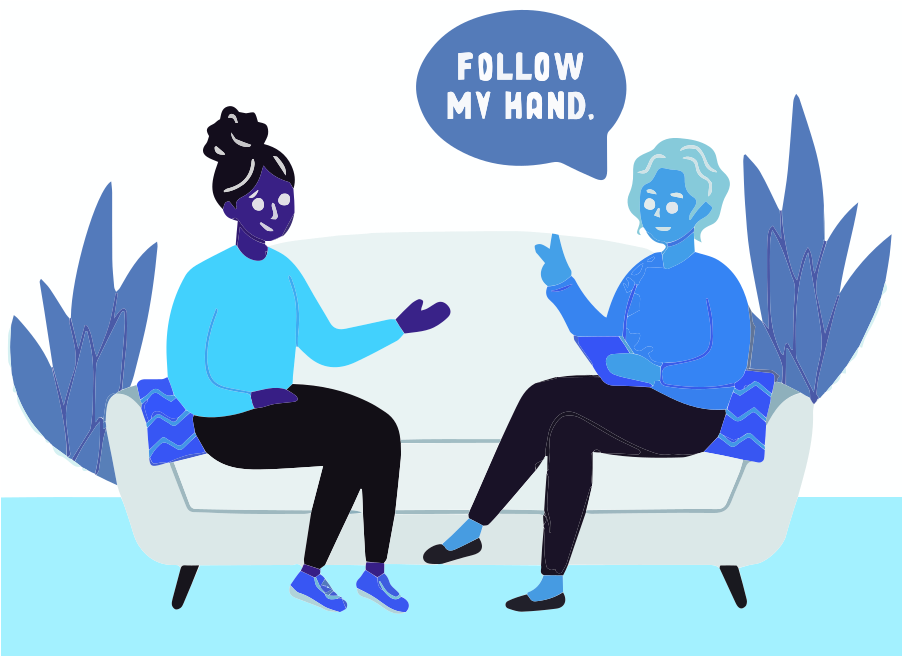
EMDR Therapy
Have you ever heard of EMDR therapy? EMDR stands for Eye Movement Desensitization and Reprocessing, and it's a powerful tool that can help people to overcome a wide range of mental health challenges. When we experience traumatic events or difficult life experiences, it can leave a lasting imprint on our brains that can be difficult to process. EMDR uses a combination of talk therapy and eye movement exercises to help individuals to reprocess those difficult memories in a more adaptive way
One of the most common reasons people seek out eye movement desensitization and reprocessing therapy is to address anxiety. Anxiety is a common mental health condition that affects millions of people worldwide. Symptoms can include persistent worry, racing thoughts, difficulty sleeping, and physical symptoms such as rapid heartbeat or sweating. EMDR therapy for anxiety can help individuals to identify the root causes of their anxiety, learn coping strategies for managing symptoms, and develop a greater sense of resilience and self-awareness.
It can also be highly effective for treating depression. Depression is a complex mental health condition that can manifest in a variety of ways, including persistent feelings of sadness, hopelessness, and low self-esteem. EMDR therapy for depression can help individuals to process and release negative emotions, identify and challenge self-limiting beliefs, and develop a more positive outlook on life.
Addiction is another area where EMDR has shown great promise. Addiction is a complex condition that is often rooted in trauma or other underlying mental health issues. EMDR therapy for addiction can help individuals to identify and address those underlying issues, develop coping strategies for managing triggers and cravings, and cultivate a sense of self-awareness and self-compassion that can be essential for recovery.
For couples who are struggling with relationship issues, EMDR couples therapy can be a valuable tool for improving communication, deepening intimacy, and strengthening the bond between partners. It can help individuals to identify and process negative patterns of behavior and communication, develop greater empathy and understanding for each other, and learn tools for resolving conflict and building a stronger, more resilient relationship.
If you recognize any of the above signs in yourself or someone you care about, it may be helpful to explore the possibility of eye movement desensitization and reprocessing therapy with a trained mental health professional. At Another Light Counselling, we work with our clients to identify traumatic memories or experiences that are contributing to their mental health issues. Then, we’ll use bilateral stimulation to help process those memories and emotions. We will guide our clients through the process of reprocessing difficult emotions and memories, help them to build greater resilience and develop a more positive outlook on life.
